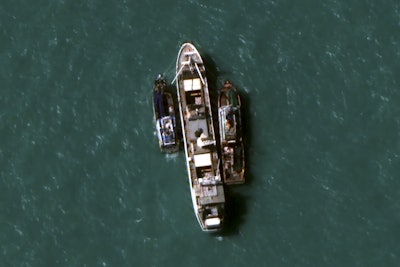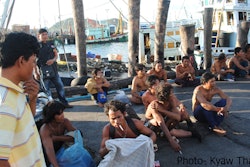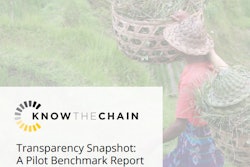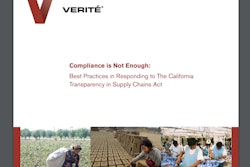
A new rule announced by the U.K. government earlier this week will require thousands of businesses operating in the country to disclose what they are doing to root out slave labor in their supply chains, according to The Wall Street Journal.
Starting in October, companies with global revenues over 36 million pounds ($56.1 million) will need to release an annual statement addressing what actions – if any – were taken to address slavery and human trafficking. The revenue provision means the disclosure requirements, part of the broader Modern Slavery Act enacted in March, will apply to more than 12,000 companies. The U.K. Home Office had also considered thresholds of 250 million pounds up to 1 billion pounds, which would have significantly narrowed the universe of affected businesses.
The Home Office also laid out recommended disclosures, including a description of a company’s supply chain, the auditing process, training programs as well as areas at high risk for slavery and human trafficking.
The U.K. law draws from the California Transparency in Supply Chains Act, a state law passed in 2010 that established similar requirements for retailers and manufacturers with $100 million or more in revenues starting in 2012. Companies were required to post statements publicly on their websites and many have done so, though the content vary greatly.
“Companies are all over the map,” said Maureen Gorsen, an Alston & Bird LLP lawyer who worked with dozens of companies to write statements complying with the California law. “Some had a lot in place already, auditing their supply chains and establishing standards … some companies had nothing in place.”
To read more, click HERE.



















